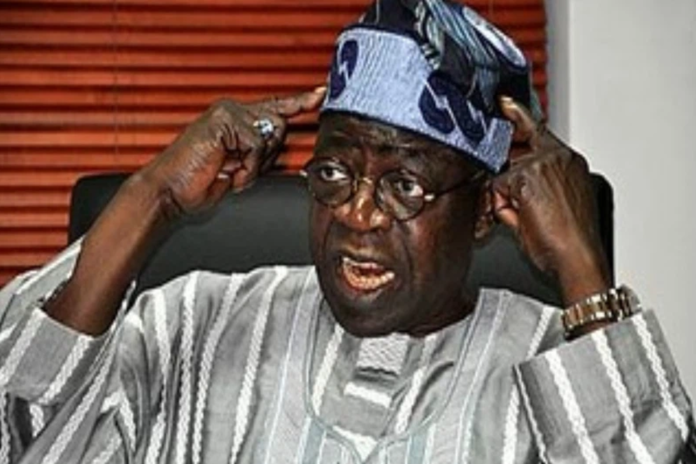
Nigeria’s president announced measures to tackle the soaring cost of living on Monday 31 July 2023, including the release of 200,000 tonnes of reserve grain after food store looting in the country’s northeast.
Since coming to power in May, President Bola Tinubu has made a series of decisions designed to boost long-term investment — but the moves have hit households hard and exacerbated poverty in Africa’s largest economy and most populous country.
ALSO READ: Curfew imposed in Nigeria to halt rampant food store looting
NIGERIA’S PRESIDENT ENDED A FUEL SUBSIDY REGIME
Last month the president ended a fuel subsidy regime, leading to petrol prices quadrupling and rocketing food costs. “Our economy is going through a tough patch, and you are being hurt by it.
The cost of fuel has gone up. Food and other prices have followed it,” Tinubu said in a televised speech on Monday. “Things seem anxious and uncertain. I understand the hardship you face. I wish there were other ways. But there is not.”
ALSO READ: Tension as Burkina capital Ouagadougou gunfire rages
To “reduce the burden”, he pledged at least $264 million for agriculture, $165 million for small and medium-sized businesses, and $99 million for manufacturing.
AVAILABILITY OF STABLE FOODS
“In the short and immediate terms, we will ensure staple foods are available and affordable,” he said, explaining his decisions in marked contrast to his predecessor Muhammadu Buhari.
ALSO READ: Attack in Nigeria kills 16, more injured
“To this end, I have ordered the release of 200,000 metric tonnes of grains from strategic reserves to households,” he said. On Sunday, authorities in Nigeria’s northeastern Adamawa state imposed a statewide round-the-clock curfew to stop widespread looting of food stores in the state capital Yola.
Hundreds of residents broke into public and private warehouses storing grains and other commodities and carted them away. Earlier this month, Tinubu declared a state of emergency over food security, promising investment in agriculture and cash transfers to the nation’s poorest.
ALSO READ: Tinubu: the newly elected Nigerian president appoints new chiefs
DID ECONOMY WEAKEN?
Nigeria’s economy has been weakened by recession, the fallout from Covid-19, and Russia’s invasion of Ukraine, making life hard for its 215 million citizens — nearly half of whom live on less than $2 a day.
The northeast has been hit especially hard by rising prices, where a 14-year conflict between the army and jihadist groups has displaced millions of people and driven farmers from their land.
str-aml/emd/lcm/rox

